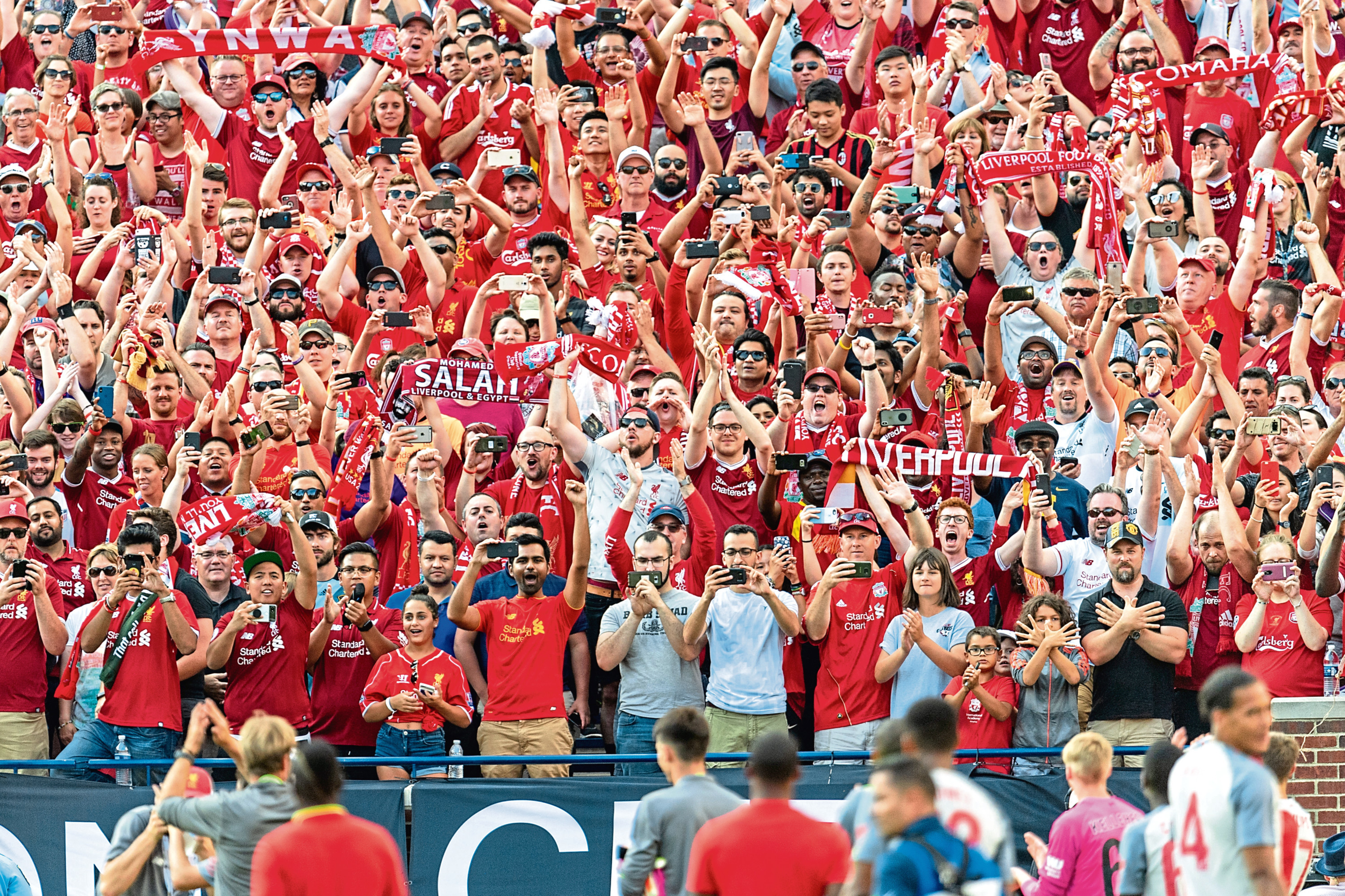
IT’S a door football fans have been battling to keep shut for years.
But after La Liga’s decision to play competitive games outside of Spain, it looks like the punters have finally been overrun.
The Spanish top flight has agreed a 15-year deal with an American sports company to play league matches in the USA and Canada, starting this season.
It’s all about money.
And it’s now only a matter of time until other top leagues – the English Premier League first and foremost – follow La Liga’s example.
The idea of playing an extra league fixture abroad has been floating about among England’s biggest clubs for years now.
It has never got off the ground, thanks to fan pressure.
But with the likes of Real Madrid and Barcelona poised to rake in more foreign cash, it won’t be long before Premier League sides are giving protesting supporters the rubber ear.
After that, I can see the Scottish game heading the same way – thanks to the resurgent profile of the Old Firm.
I don’t think anybody could argue that Steven Gerrard hasn’t improved Rangers this season.
If the all-Glasgow games get back to being the high stakes, ding-dong battles they once were, there’s no doubt in my mind they could be staged in front of sell-out crowds in North America.
There are millions of people in the USA and Canada who are either expats, or have Scottish or Irish ancestry.
If Celtic hosted Rangers in Boston or New York, for instance, that’s a hot ticket.
If Rangers are at “home” to the Hoops in Toronto, it’s the same story.
Just like in England, Scottish-based fans won’t like that at all.
But football has changed – and this sort of thing is the result.
Fair enough, not everything is different.
For the most part, fathers still take their sons to games and their sons end up taking the next generation.
But the days of club owners growing up on the terraces alongside them are long gone.
These days, 15 of England’s 20 Premier League clubs are either wholly, or partly, owned by foreigners.
They think differently about the game.
For these people, top-level football clubs are money-making machines, first and foremost.
Almost all of these clubs have outgrown their roots because of the vast amounts of cash they generate.
They used to be community hubs, but now they are international businesses.
I’ve previously been on the side of the supporters when moves have been made to stage games abroad.
I can still understand the anger these proposals provoke.
But I’m starting to feel it’s inevitable.
That’s not the case for clubs lower down the pyramid. They will always stay rooted in their local areas.
Without the big exposure – and the big money that comes with it – that bigger teams receive, they won’t attract global attention.
But the Real Madrids, Barcelonas, Manchester Uniteds and Bayern Munichs of this world have as many – if not more – fans outside of their home nations as they do inside.
Jock Stein once said: “Football is nothing without fans.”
That’s true.
But the big boys have got fans around the world – and they’re entitled to try to hold on to them.

Enjoy the convenience of having The Sunday Post delivered as a digital ePaper straight to your smartphone, tablet or computer.
Subscribe for only £5.49 a month and enjoy all the benefits of the printed paper as a digital replica.
Subscribe